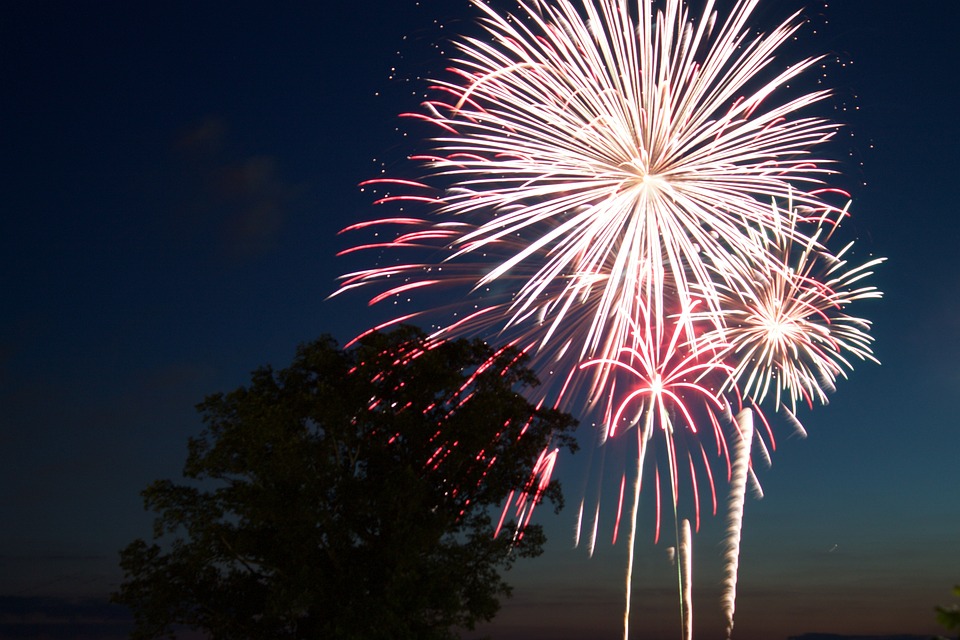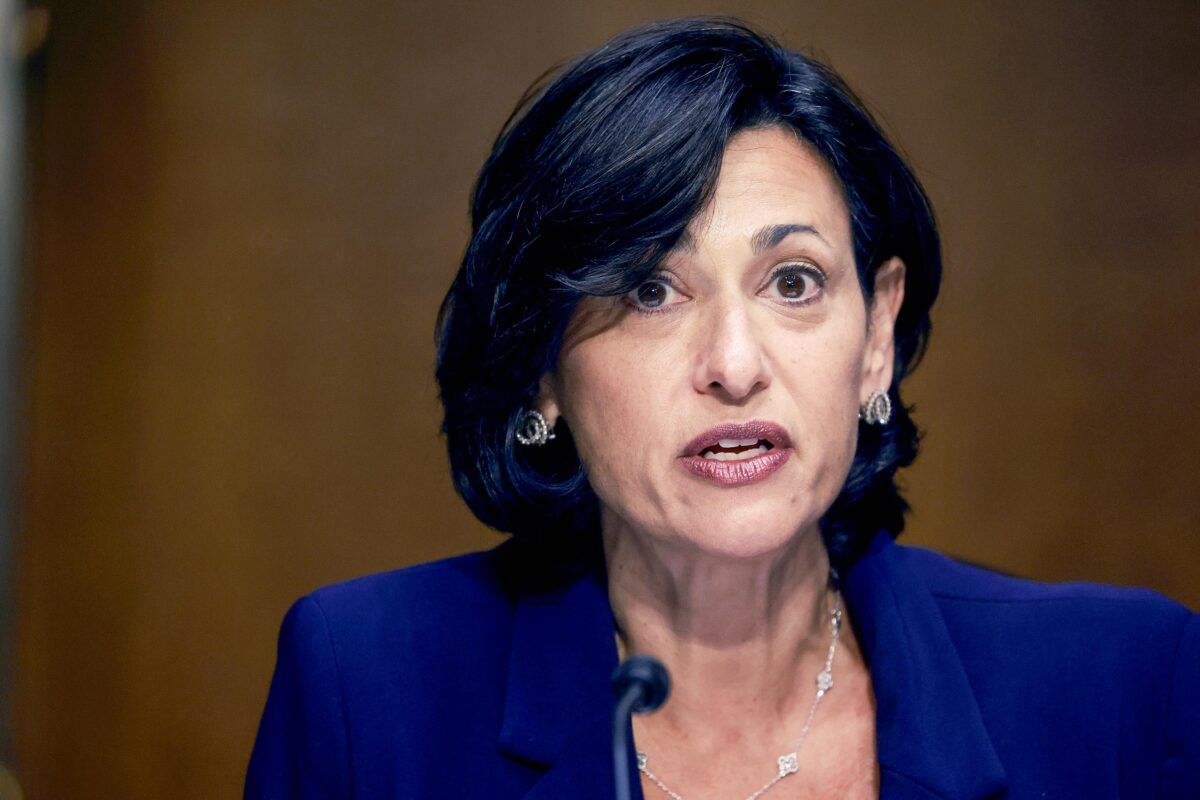Shop For Night Vision | See more…
What Kind of Vicious ‘Shoot 1st, Ask Later’ Circle Is US Stuck In? – Watching America

They “accidentally went to the wrong address or opened the wrong door – and each was shot. They had made innocent mistakes that became … deadly errors.” That is how The New York Times reported on recent shootings in the United States. One incident was particularly sobering: Ralph Yarl, a 16-year-old African American Missouri teenager, was shot by a homeowner after the boy accidentally went to the wrong address to pick up his younger brother.
Pick the wrong door, go the wrong way, get in the wrong car; these mistakes can get you killed in the U.S. In upstate New York, a woman was shot and killed by a homeowner when she drove into the wrong driveway as she looked for a friend’s house, and in Texas two young cheerleaders were shot by a man after they opened the wrong car door. USA Today reported that “wrong-place” shootings have plagued the United States for decades.
Everyone is at risk, everyone is defending themselves and everyone feels more unsafe. Americans today are consumed by a profound sense of fear. This fear is related to recent the increase in crime in the United States. The Council on Criminal Justice reported that robberies in major U.S. cities increased by 19% and burglaries by 20% in the first half of 2022. USA Today reports that in cities belonging to the Major Cities Chiefs Association, homicides increased by 50% and aggravated assaults rose by approximately 36% in the first half of 2022 compared to the same period in 2019.
Racism is a major contributing cause in these cases. Influenced by deep-seated racial prejudice, significant numbers of Americans harbor the misconception that non-white groups are dangerous, and so they open fire at minorities even though they are not threatened. Statistics show that African Americans between the ages of 15 and 34 make up the highest proportion of shooting victims ,and African Americans are 10 times more likely to be shot and killed than white people.
In recent years, the fragmentation of society, division between rich and poor, and political polarization in the U.S. compounded by racism have led to increased tension and a continuing increase in insecurity. Surveys show that in the early 1970s, about half of all Americans believed that most people were trustworthy. By 2020 however, that figure had fallen to less than a third.
Amid such fear and anxiety, an increasing number of Americans are choosing to buy guns for protection. A study by Northeastern University and Harvard University showed that between January 2019 and April 2021, nearly 7.5 million U.S. adults bought a gun for the first time. About half were women, 20% were African American and 20% were Latino. When people feel they have no choice but to own a gun, American society becomes inevitably trapped in a vicious cycle of feeling unsafe, buying guns, and being more unsafe.
A closer look at such cases reveals that shooting someone when there is no threat goes beyond the definition of self-defense. However, certain local laws permit this in the United States. For example, Missouri’s “stand your ground” law allows the use of lethal means to protect yourself without having to consider the possibility of a safe retreat. A study in the Journal of the American Medical Association found that the nationwide adoption of “stand your ground” laws has led to an 8% to 11% increase in homicide rates. Consequently, the American Bar Association has dubbed these laws “a low-cost license to kill.”
One can see the familiar face of the gun lobby behind the stand your ground laws. Gun groups led by America’s National Rifle Association have used money politics to seek a more lenient environment for gun ownership on the one hand, while doing everything they can to stop gun control on the other.
At NRA’s recent annual meeting, many politicians stood up for gun ownership. Former President Donald Trump even said he was “proud” to be the most pro-gun president. Driven by votes and money, the gun control issue has long been a tool for party politics, and gun violence has become a knot that cannot be untangled. President Joe Biden signed an executive order on March 14 rallying various executive agencies to take action to reduce gun violence. However, much of the order restated existing policies without making any substantive progress.
On the one hand, there is a growing sense of insecurity, and on the other, the decreasing cost of gun ownership. One individual even posted on social media that “fear leads to irrational behavior and guns perpetuate that behavior!” In the long run, without systemic reform, America’s deep-rooted social conflicts will be harder to resolve, and guns will increasingly turn these problems explosive.
It is unbelievable that in the world’s only superpower, a country that prides itself on being a beacon of human rights, gunshots come before words. Who will protect the human rights of those Americans who are shot before they have a chance to say anything?
Shop For Survival Gear | See more…
-
Sale!

Quick Slow Release Paramedic Survival Emergency Tourniquet Buckle
Original price was: $14.99.$7.99Current price is: $7.99.
Add to cart
-
Sale!

Mesh Shooting Hunting Vest with Multi Pockets
Original price was: $59.99.$39.99Current price is: $39.99.
Add to cart
-
Sale!

Portable Mini Water Filter Straw Survival Water Purifier
Original price was: $29.99.$14.99Current price is: $14.99.
Add to cart
-
Sale!

Quick Slow Release Paramedic Survival Emergency Tourniquet Buckle
Original price was: $14.99.$7.99Current price is: $7.99. Add to cart -
Sale!

Mesh Shooting Hunting Vest with Multi Pockets
Original price was: $59.99.$39.99Current price is: $39.99. Add to cart -
Sale!

Portable Mini Water Filter Straw Survival Water Purifier
Original price was: $29.99.$14.99Current price is: $14.99. Add to cart

















































